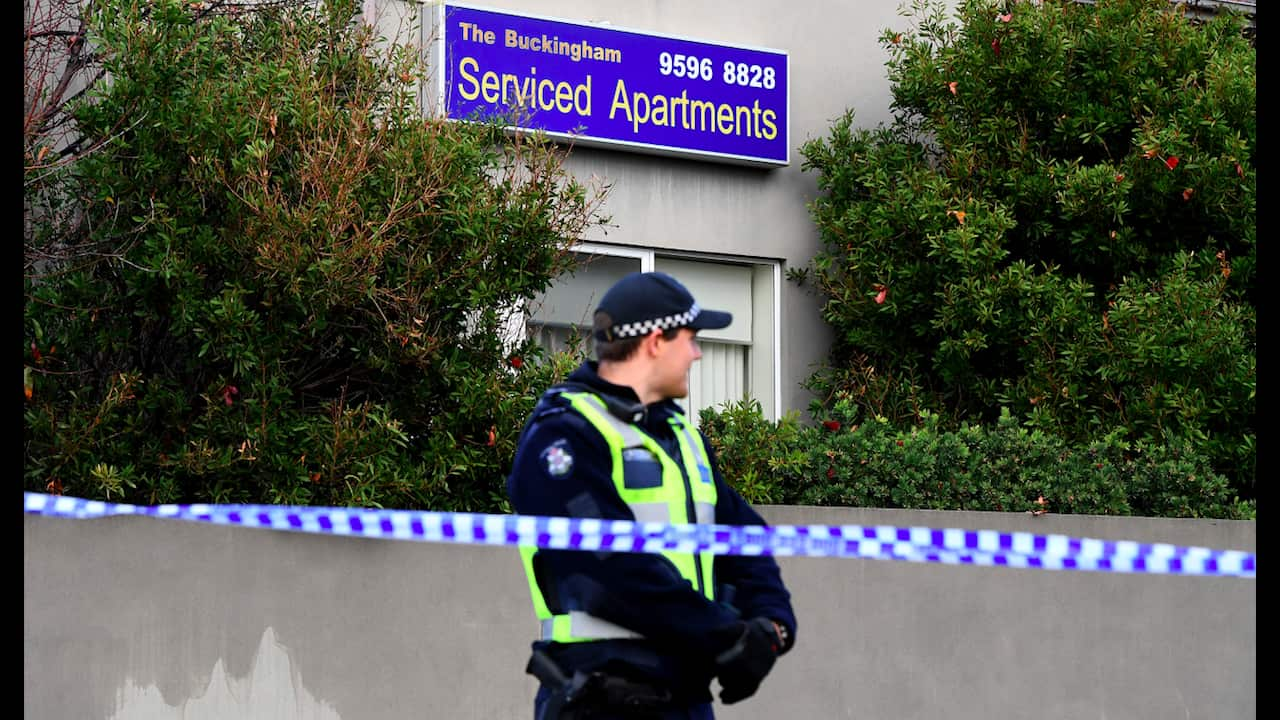It was reported this week that gunman Yacqub Khayre killed a man in suburban Melbourne. This horrific act had two immediate consequences. First, Khayre was himself shot dead by police. Second, many media commentators suddenly became an expert on terrorism, its causes and solutions.
This country has a low homicide rate—around 240 victims a year. This homicide, however, offered Australians a new dimension of panic for a number of reasons. The assailant was not known to the victim, which is uncommon— with the last face they ever see. The assailant acted in the days after the suicide bombing in Manchester, a UK city with a particular everyman resonance for many in the West. The assailant was brown and he was Muslim. Ergo, this was terrorism.
Certainly, the incident was being initially reported as being treated by police as a possible terrorist attack. But after the siege, to counter this perception. This small group is in the , and are well known for leveraging their bloody marketing with all the vilest force of social media. Khayre himself, however, offered a different rationale for his madness. According to an Australian TV network, he had called to inform them, “.” You don’t need to be much of a student of international relations to know that support for the two opposed organisations is not simultaneously possible.
The assailant was brown and he was Muslim. Ergo, this was terrorism.
Khayre was, perhaps, then acting as our nation’s few crazed murderers do: on the advice of a , not encrypted instructions from Raqqa. None of which stopped many local news outlets from urging us to fear ISIS, and Muslims, exactly as much as ISIS would like. A typical response in the West to any attack in which a Muslim person has a role is to say, “See? They told you they had a violent ideology, and we should believe them.”
I, of course, can have no more intelligence than any other person outside the intelligence community on what motivated Khayre to act so brutally just a few clicks away from my home. All I know is that a violent act of destruction occurred, and that our public conversation around the matter is also, largely, destructive.
To be agonisingly clear: to say that conversation has been destructive is, in no way, to diminish the destructive nature of Khayre’s horrific act. I feel for the victim who once lived in the electorate next to mine and, very much, for his family. It is not enough for me to shrug and accept the death of a neighbour as a national crime statistic. Like most do, I have a deep connection to the city in which I was born and I simply can’t help feeling more bonded to the lives of its people than I do for others’ fates. I know this is not the right way to be, but it’s the way that most of us are.
All I know is that a violent act of destruction occurred, and that our public conversation around the matter is also, largely, destructive.
It is because I have this bond with my neighbours, and my respect for the neighbour who was killed, that I am troubled by the destructive nature of the talk.
Khayre’s ethnicity, his faith and his unlikely alliance with ISIS have been relentlessly explored by press. The —in an April 2012 appearance, the court was told that family and friends had "washed their hands" of this man—are defeated by our own destructive public urge to find a single reason for tragedy.
This, in turn, produces its own tragedy. We Melbourne neighbours break the bonds between us when we become instant experts on what we want to believe was an organised act of terror, not the possible effect of a life lived within dangerous margins. We cannot come together in grief for one of our dead when we speak with such violent, simple confidence. We cannot hope to live together well when we rush to make a story out of emerging chaos.
It is not naïve to urge for peace. It is not the work of an apologist who doesn’t understand the “real world” to hope for community understanding. To see beyond terror and, just a little, into the complex lives of all our neighbours is the most cynical and realistic request I feel that I can make today.
You are my neighbour. I am yours. Whether we like it or not.




